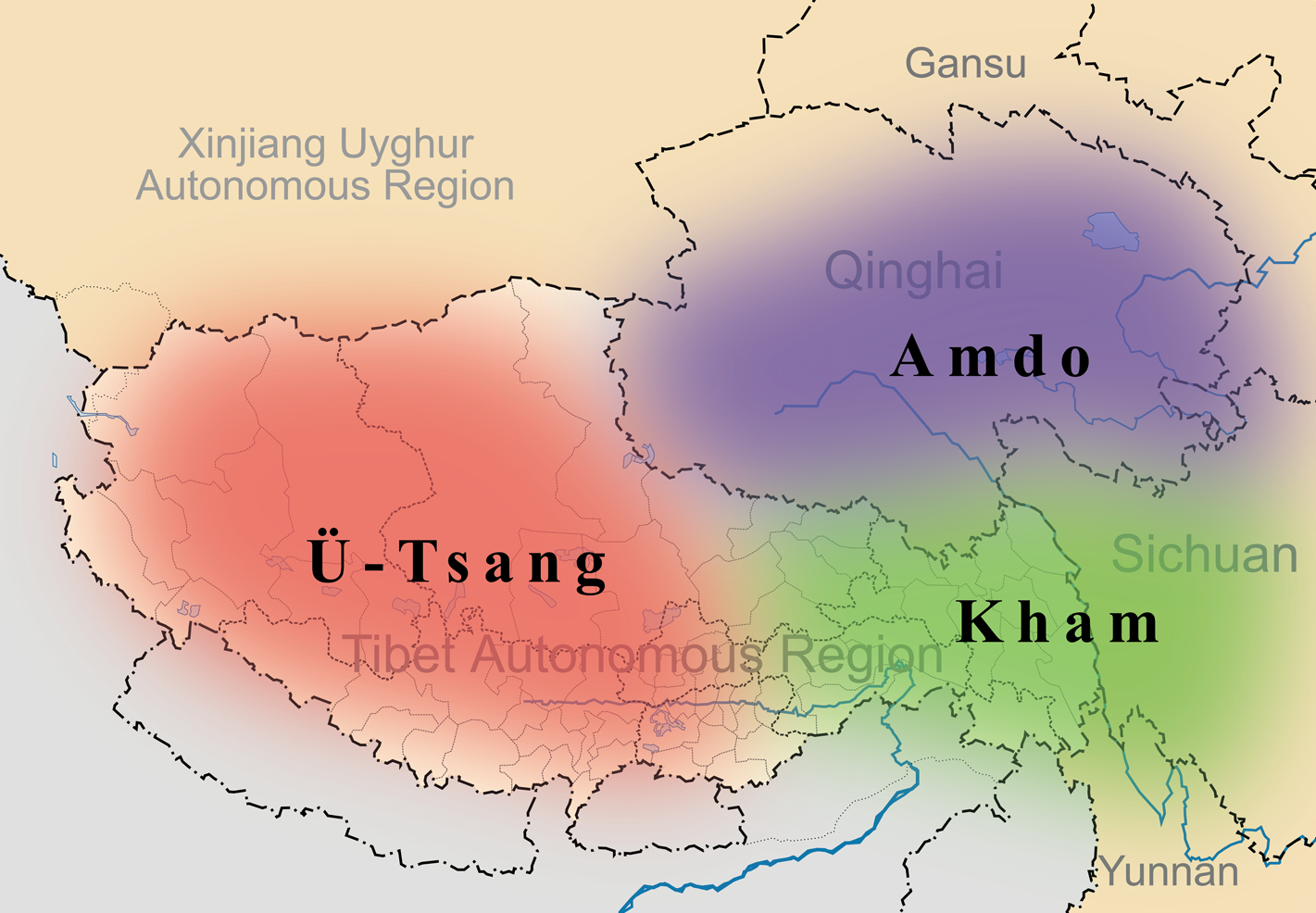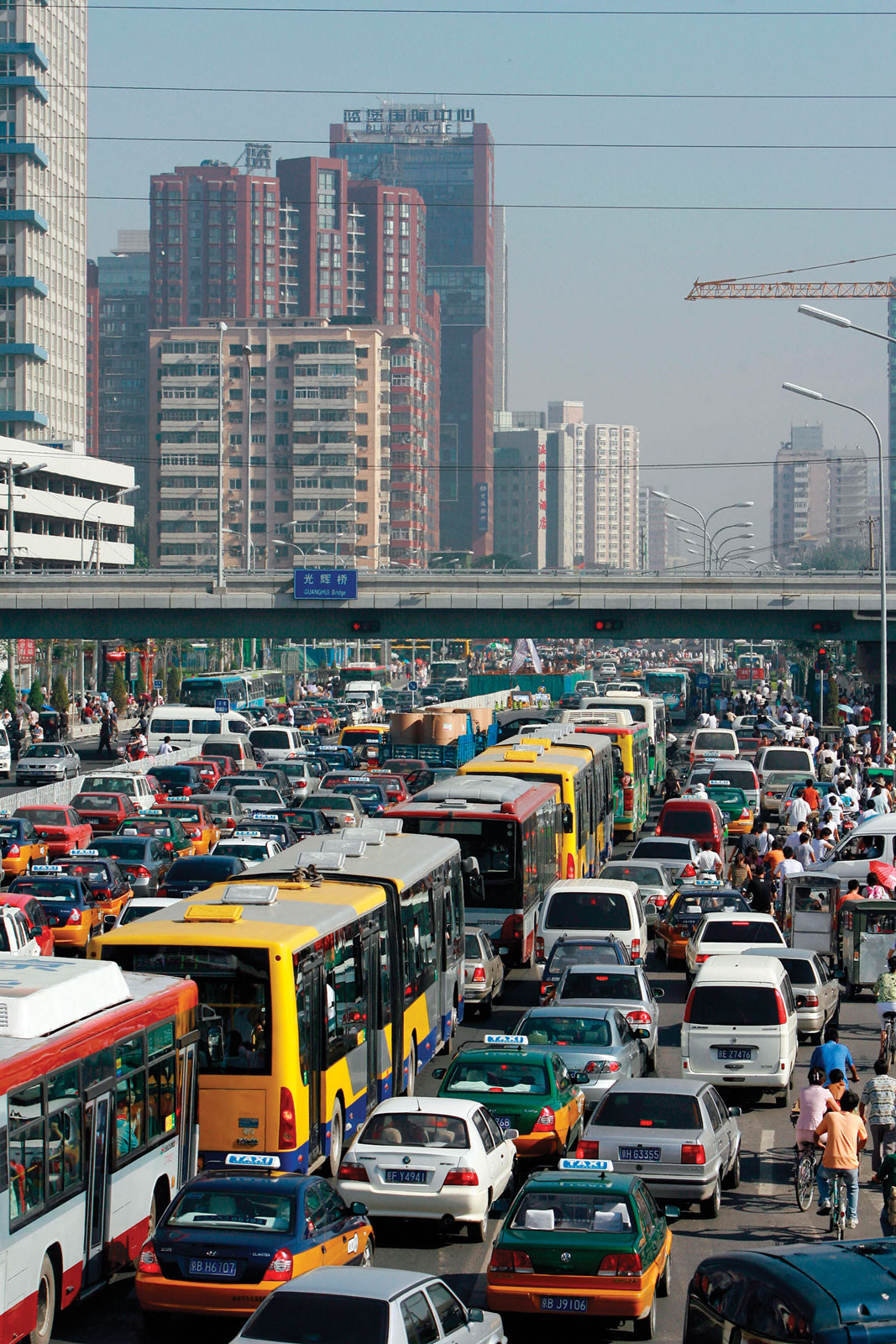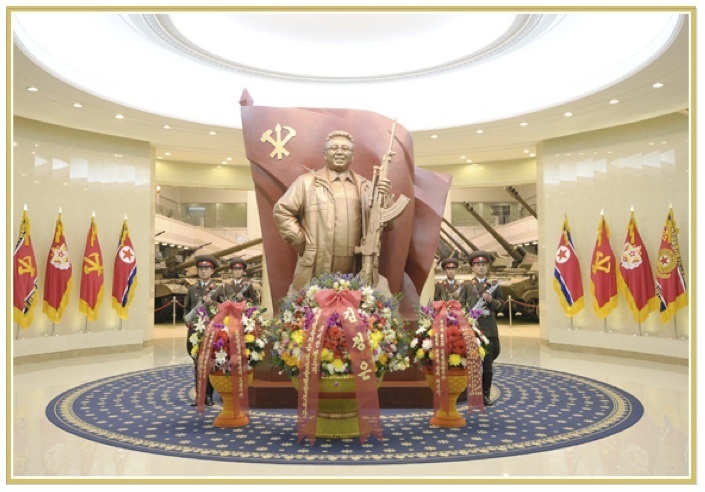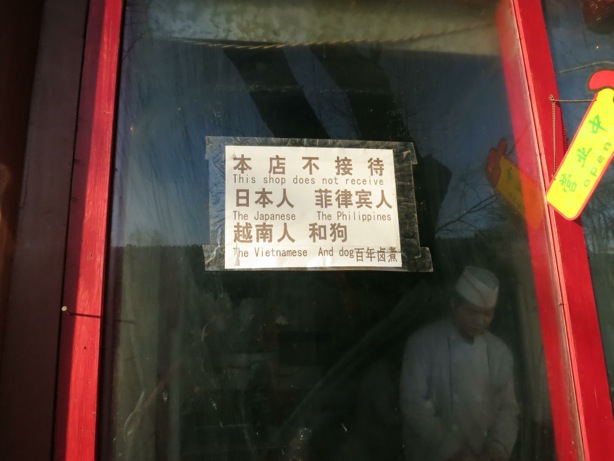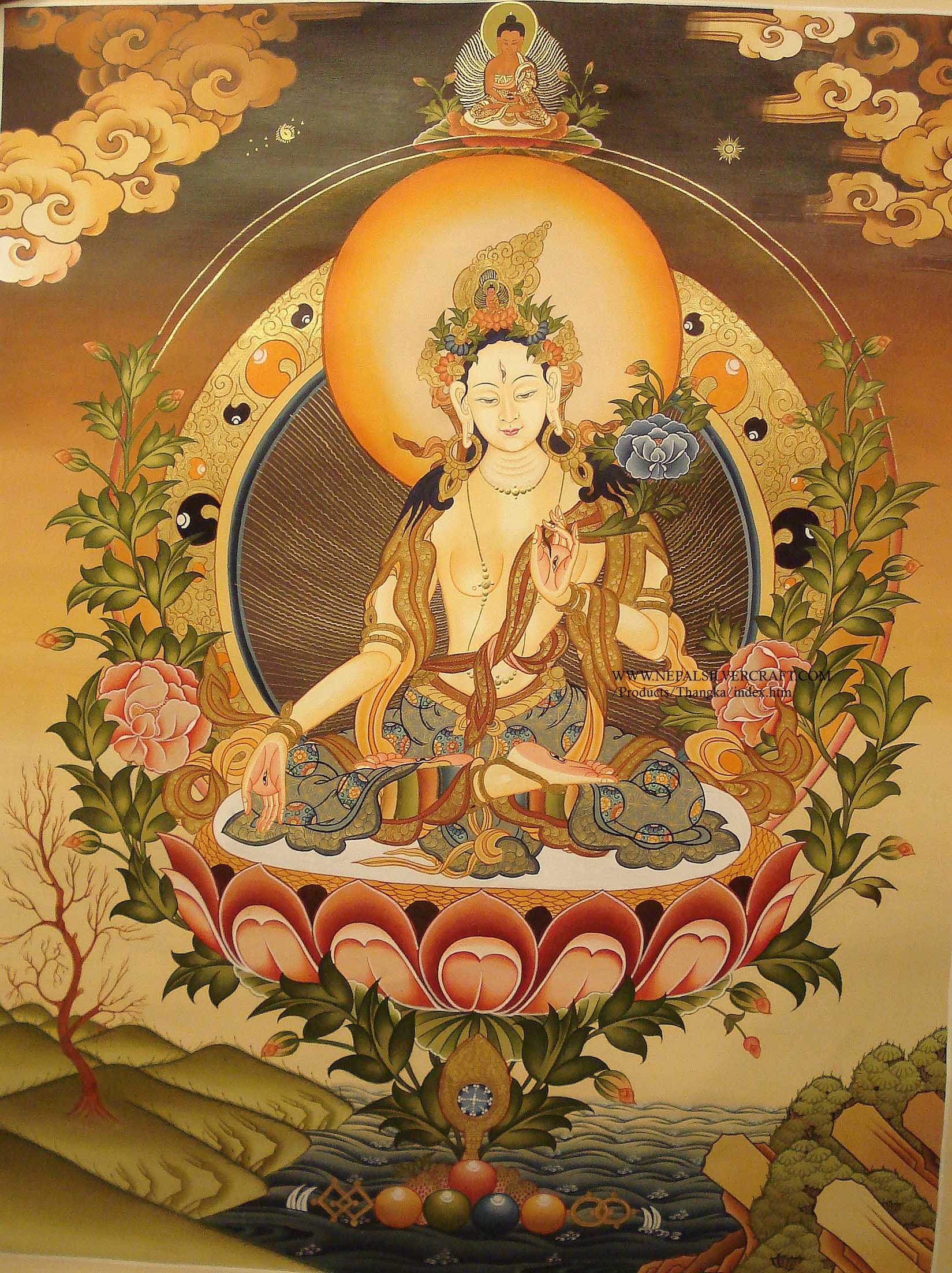The third plenary session
of the CCP, which ended last Tuesday, produced a few legal reforms which have given me some hope China might actually move closer to international human rights standards under this new leadership. "Re-education through labour" was abolished, and the use of the death penalty further limited (although we are a very, very long way off from its abolition).
The measure which will
probably have the biggest impact on the Chinese people's lives is the reform of
the notorious one-child policy. The main alteration to the existing policy
seems to be that in future, couples where either the husband or the wife is a single
child will be allowed to give birth to two children. The previous rule was that
both members of the couple had to be single children for them to receive
permission for a second child.
This should mean that basically, a majority of young couples in urban areas will now be able to have two children by law.
The Guardian has chosen
to report this item of news by publishing a piece by Ma Jian, entitled
"China's Barbaric One Child Policy". Ma Jian is a Chinese author who
hasn't lived in the Mainland for over two decades, and is a vocal critic of the
Chinese government. He isn't at all well known within China, although to be
fair that might be because his works are censored here. Even so he is not
strictly speaking an exile, since he appears to be able to happily travel back
to China at will.
I do not doubt that some
of the facts described in Ma Jian’s article are true. Indeed, forced abortions
and sterilizations clearly do still happen in China. If this were a piece of
denunciation aimed at the Chinese public, it would have its worth. However, as
an article aimed at Western readers who aren't familiar with China and can't
put these terrible events into context, I find it rather misleading.
What is missing from the
article is any reference to the fact that forced abortions and
sterilizations are just not the official policy in China, and also not the norm.
Such aberrations normally only occur in remote rural areas, where local
officials will resort to such measures to achieve quotas.
In fact, in
2002 the use of physical force to make a woman subject to an abortion or
sterilization was outlawed, although enforcement is patchy. At the very least,
we can say for sure that there is a large chunk of China where such things
would never happen. Official government policy is to fine couples which break the birth control policy, and this is what usually occurs.
Of course, the Chinese government can and should be criticized for not making a real effort to stamp
out such practices for good. Reading Ma Jian's article, however, one would get
the impression that China is just one big hellhole full of goon squads running
around forcing women to have abortions and terrorizing families. This is just not the case, and articles
like this one probably don’t help to bridge the gap in understanding between Westerners and the modern urban Chinese, who live in a very different world from the one which Ma Jian describes.





















